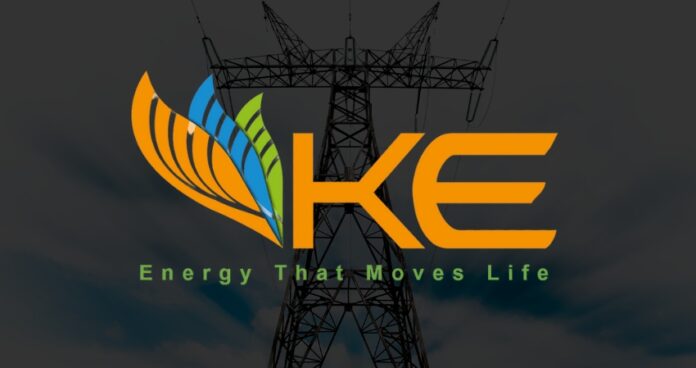K-Electric (KE) has reached a consensus with the federal government to increase its power supply from the national grid by nearly 100%, however, this development is subject to cabinet approval.
As per reports, this agreement followed two public hearings conducted by the National Electric Power Regulatory Authority (Nepra) yesterday. Nepra has indicated that it might not permit an Rs16 billion write-off, which K-Electric has traditionally relied on to adjust quarterly tariffs.
The additional fuel cost adjustment requested by K-Electric for the April-June quarter, amounting to Rs3.02 per unit, primarily hinges on the claim of Rs16 billion deemed unrecoverable.
During these hearings, KE’s representatives revealed that they had reached agreements on the revised Interconnection Agreement (ICA) and Power Procurement Agency Agreement (PPAA) with the National Transmission and Despatch Company (NTDC) and Central Power Purchasing Agency (CPPA). These agreements would enable K-Electric to procure additional power up to the capacity of the national grid for a period of 10 years.
This agreement came to fruition through a special committee comprising representatives from federal ministries, K-Electric, and government entities, such as NTDC and CPPA. Their purpose was to address various outstanding issues.
Nepra was informed that the ICA and PPAA were now pending submission for approval to relevant forums, including the Cabinet Committee on Energy (CCoE) and the Economic Coordination Committee (ECC) of the cabinet.
This development has faced opposition from business leaders in Karachi, who are concerned about K-Electric’s request for a higher quarterly tariff and have raised questions about KE’s six-year power acquisition plan. This plan aims to add 2,050 megawatts to the grid, focusing on local coal and renewable sources.
Business leaders in Karachi have voiced concerns about the terms and their potential impact on consumers. In response, K-Electric has emphasized its vision for sustainable energy growth in Karachi and its commitment to investing in transmission and distribution infrastructure.
K-Electric projects that, with an annual growth rate of 2%, Karachi’s peak energy demand could surge to 5,000 MW by 2030, serving approximately 5 million users.




